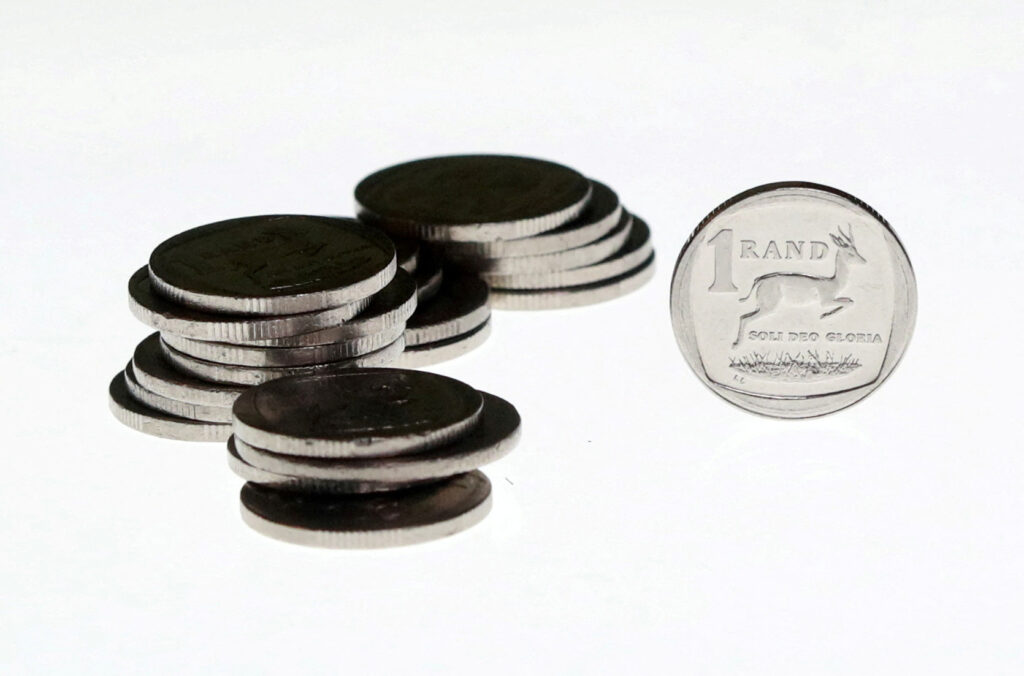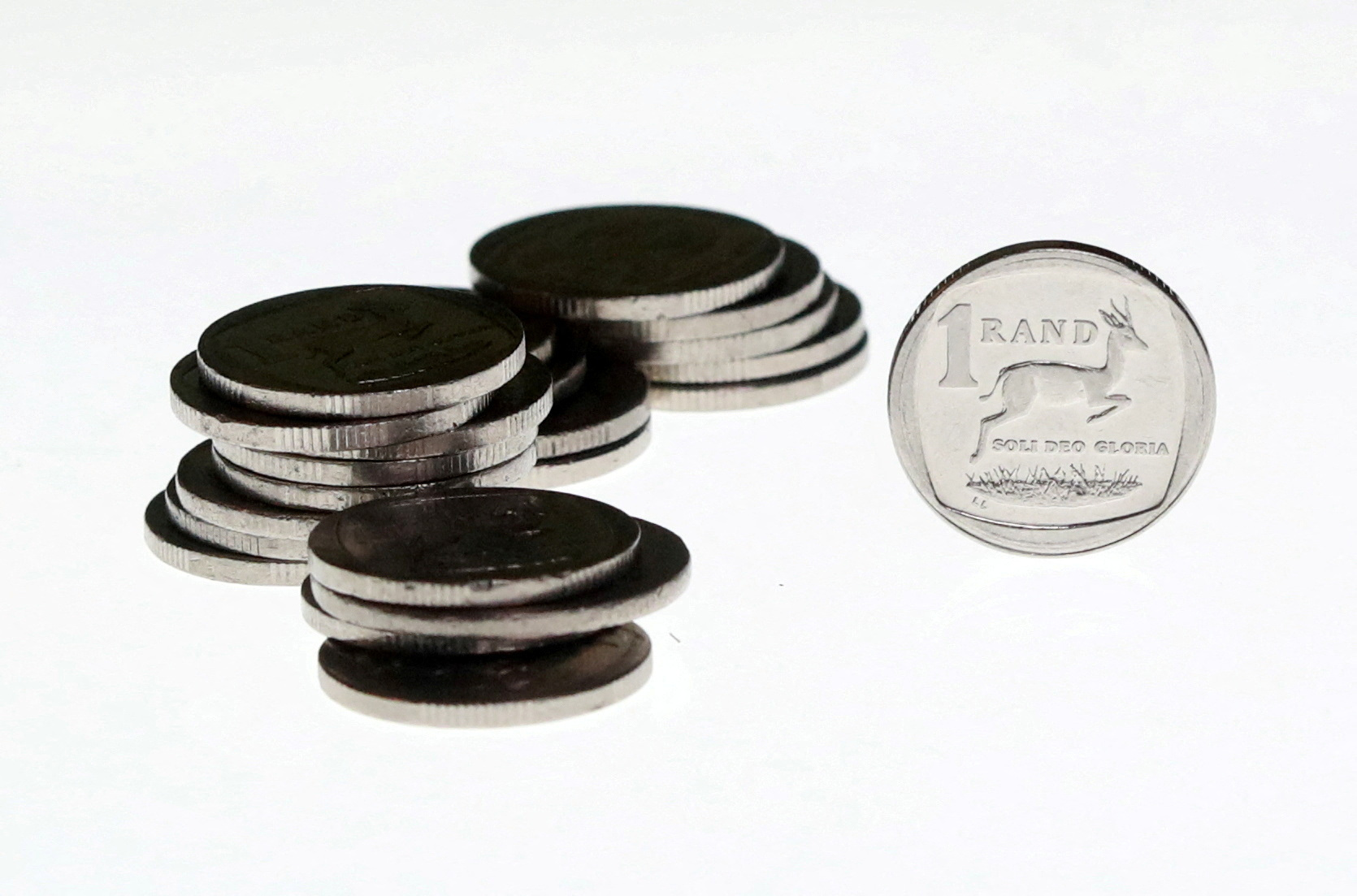
JOHANNESBURG (Reuters) – The South African rand recouped some losses against the dollar on Friday after the U.S. currency fell on employment data.
At 1352 GMT, the rand traded at 18.4925 against the dollar, over 1% stronger than its previous close.
The dollar last traded at 101.87, around 0.6% weaker against a basket of global currencies.
Payrolls data out of the U.S. on Friday showed that nonfarm employment grew moderately in the world’s biggest economy in July, sending the dollar into a tailspin and boosting the rand.
Despite Friday’s gains, the rand has slumped over 5% against the greenback this week on concerns over global economic growth amid an escalation in risk-off sentiment.
ALSO READ: South African rand flat but market nervous after last week’s record low
“The domestic currency has had a torrid week, retracing sharply from overbought levels… The depreciation of the rand this week, unfortunately, unwinds a lot of progress seen in the weeks preceding,” said Shaun Murison, senior market analyst at IG.
The rand slumped this week after rating agency Fitch on Tuesday downgraded the U.S. from AAA to AA+, fuelling risk-off sentiment and putting pressure on emerging market currencies.
Anezka Christovova, an emerging markets strategist at JP Morgan, on Thursday, said further rand weakness was expected after the South African currency deviated from normal drivers.
The rand had performed well on reduced intensity in rolling blackouts in June, which drove the market to price out idiosyncratic risks, Christovova added.
ALSO READ: Rand falls to record low, recovers after authorities dent Russian arms shipment
However, the power cuts, locally referred to as “loadshedding”, increased in intensity in July.
“Our economist expects a more sustained improvement in energy availability only in H2 2024,” Christovova said.
Shares on the Johannesburg Stock Exchange were stronger, with both the blue-chip Top 40 and broader all-share up around 0.3%.
South Africa’s benchmark 2030 government bond was stronger, with the yield down 14.5 basis points to 10.295%.






